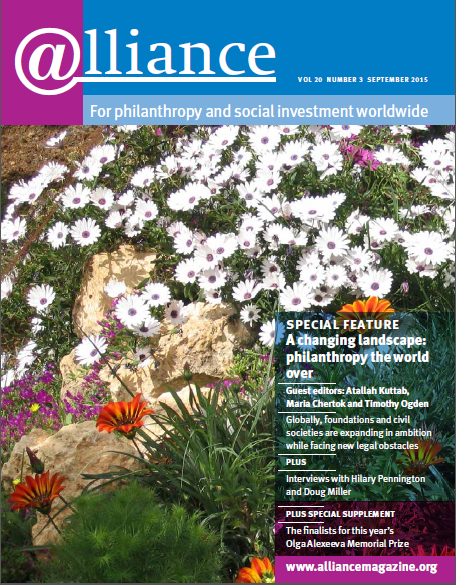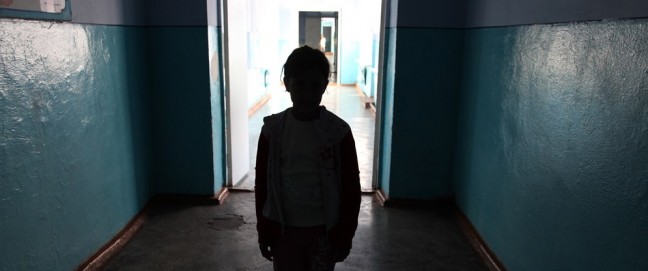There are two distinct traditions of philanthropy at work in Aotearoa New Zealand, the Māori and the Anglo-Western, deriving from the country’s colonial heritage. At the moment, proponents of the two traditions are at risk of talking past each other because of the misreading of fundamental values associated with the two histories: one of gift exchange and reciprocity, the other of charity.
Anglo-Western philanthropy has deep roots in English history and in its specific context, and from these roots has sprung current NZ legislation such as the Charitable Trusts Act, the Incorporated Societies Act and the Companies Act. The Māori philosophy of gift exchange or philanthropy has its own history. Its meaning is found in the expression ‘Ko te hau tēnā o tō taonga’, which refers to the spirit power and the vital essence embodied in a person that is transmitted with their gift, or taonga or something considered valuable.
One problem of Anglo-Western notions of charity is an implicit understanding of an ancient class system in which there were ‘haves’ and ‘have nots’. It became part of the moral and social obligation of the ‘haves’ to assist the ‘have nots’ through acts of charity and mercy.
However, there is no Māori history of feudalism or of class systems but rather categories of mana and rank within the kinship system. In ancient Austronesia-Polynesian-Māori languages, traditional words for being poor and in poverty do not exist. Pōhara, meaning someone who is poor, is a transliteration of ‘poor fulla’ and of recent derivation. Gift exchange and reciprocity are infused with core values that reflect the social and economic experiences of Pacific Asia. It is this history of values that shapes current Māori thinking and response.
Philosophy of Māoritanga and philanthropy
The philosophy of Māoritanga is about humanity and reciprocity, and describes the totality of a Māori way of life. The Māori life view consists of four traditional understandings of hau ora, rendered as wellbeing.
The primary form of wellbeing is spiritual and explains the origin of humanity; the second is humanity in the natural environment; the third is humanity embodied in a kinship system with local habitats; and the fourth is humanity and economy and the structures of production.
This assemblage of wellbeings constitutes the Māori understanding of philanthropy as gift exchange and reciprocity, of giving and receiving. It contrasts with the act of giving, which is the practice of charity. The forms of wellbeing and the practice of gift exchange and reciprocity are what Albert Schweitzer calls a life view: a world view consisting of a set of ethics and forms of honourable behaviour. In this sense, philanthropy is not a new idea or practice, as all cultures have specific and general principles associated with such virtuous behaviour. However, for Māori it is the art of giving and receiving and the relationships created by these acts that matters.
Tāmati Ranapiri, an authority on gift exchange, explains the spirituality as follows:
A taonga (gift), irrespective of its value, is given by A to a recipient B – within the gift is the hau or life force of the giver. Later, should the same gift be given by B to another person C, this recipient is now under an obligation to the initial giver A. There is no time limit to these exchanges. It is not the gift itself that drives the relationship, but the hau that seeks to return to its original source.
Hau represents the action of reciprocity, and it was this that motivated the economic activities of traditional economies. Over the millennia, hau became a complex totalizing system of obligatory gift exchange. The exchange followed some basic principles where the intrinsic hau of the taonga and the hau belonging to the donor are imbued in the taonga; these in turn infuse Māori social, economic and religious life with profound implications for the management of social relations and guardianship of the natural world. It is not simply an act of charity. It is a system of mutual trust, obligation and solidarity. And, I would suggest, it is philanthropy.
The adoption of the spirituality and practices of hau and reciprocity might profit Anglo-Western philanthropy by enhancing the virtue of human relationships, and guardianship of the natural world.
Mānuka Hēnare is associate professor, Māori Business Development at the University of Auckland Business School. Email m.henare@auckland.ac.nz
Main image: the signing of the Treaty of Waitangi in 1840 by representatives of the British Crown and various Māori chiefs from the North Island of New Zealand can be seen as representing gift exchange. Under the treaty, the Crown offered a gift, a most sacred offer of a relationship with Queen Victoria. The Queen guaranteed that Māori life and prosperity would be respected, honoured and protected. In return the Crown would look after its own people living in NZ, and Māori and Pākehā would live together in a mutually beneficial relationship. Māori responded by accepting the gift, reciprocating by agreeing that Pākehā would be able to come to NZ and live in peace and prosperity.








Comments (2)
While agreeing with Debbie's answer I have my doubt on the reassuring hau principle in my experiences in the Maori community. On two occasion, now more than 15 and 20 years ago, I gave koha of well over $1000,- in situations of grief and despondency. I got the fanau's solemn undertaking that I would be involved and informed of their contact. That is the last I heard of both. I am patient and will wait another 20-100 years before I will attempt to generalise or conclude on my conclusion
And did the Crown honor its end of the exchange? As usual, a big fat NO.